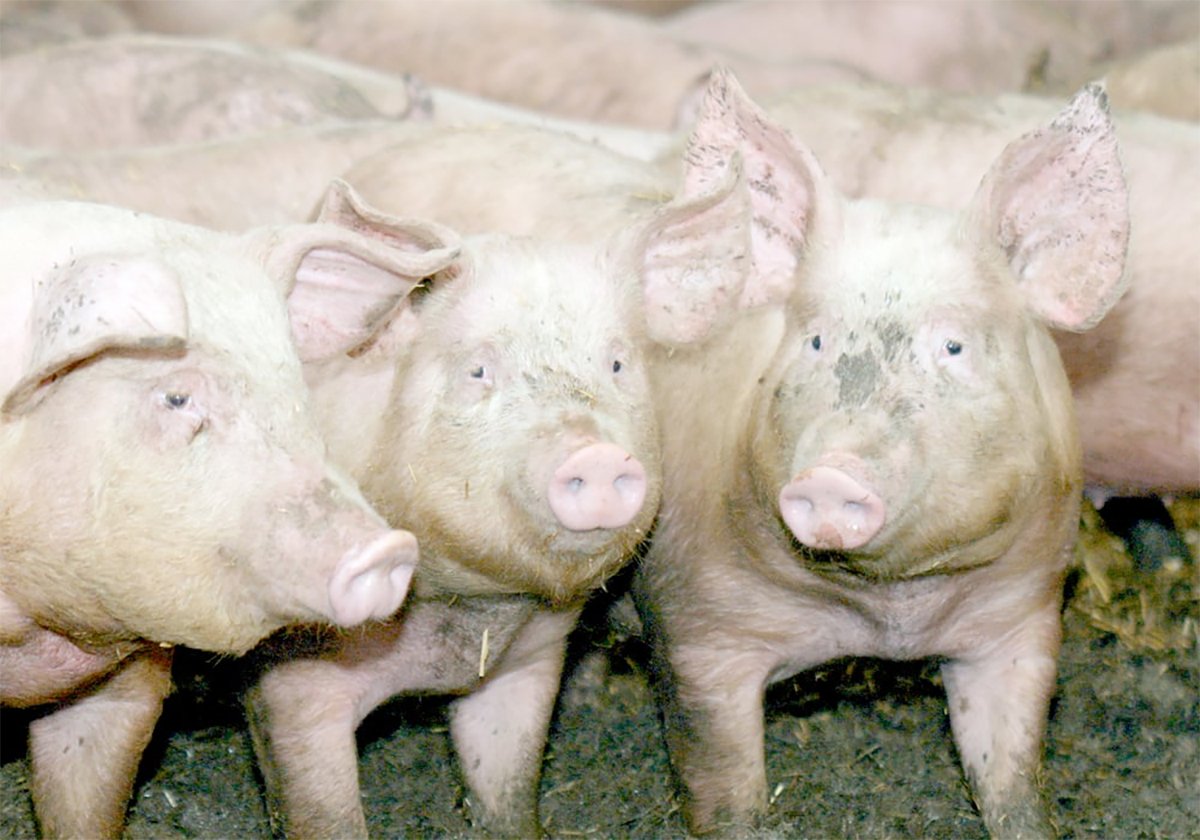GRANUM, Alta. – Ed Murrow decided not to give in to frustration when his barnyard iced over and his sheep handling facilities disappeared under snowbanks.
Instead, he adapted sheep handling concepts from his native New Zealand into a mobile facility suited to Canadian conditions.
Eventually, a serious injury forced Murrow and his wife Dawn to sell their 1,100 ewes and farm at Barons, Alta., before moving again, this time to Granum, where they a business called Kaniwi Korrals.
In the last three years, Murrow has travelled 70,000 kilometres a year demonstrating a design that combines practicality with humane handling of small livestock.
Read Also

The Western Producer Livestock Report – October 2, 2025
Western Producer Livestock Report for October 2, 2025. See U.S. & Canadian hog prices, Canadian bison & lamb market data and sale insight.
Last March, his efforts to build better equipment and teach proper livestock handling resulted in an award of distinction for industry leadership from the Alberta Farm Animal Care Association.
Murrow said his system is designed to be stress free for animals and people.
“With a good handling facility you take the stress out of the operation, not just from the livestock point of view, but you take the marital stress out of it,” he said.
From the beginning he decided not to rework a scaled-down cattle handling facility.
Instead, it would be a basic lightweight, modular system specifically for sheep and goats that can be taken to a pasture rather than herding animals back and forth.
He did not intend to manufacture and sell the units until colleagues started asking where they could find something similar.
By 1996, the first units were sold through contacts at farm trade shows, which turned out to be a good marketing decision because the system could be assembled for live demonstrations and farmers could examine the corral’s overall efficiency and ease of use.
The concept is based on normal sheep behaviour and reactions to their environment. Sheep need a system that keeps them moving forward without distractions.
The design incorporates a sturdy steel frame with rounded corners and solid plywood side panels. Sheep do not see wire or link fence well and can crash into it.
“The small lines of the mesh are not enough for them to physically see,” he said.
“With plywood and nice, smooth sides, you focus the animals’ attention on the direction you want them to travel.”
In a deal with the Racewell livestock supply company in New Zealand, Murrow introduced an automated chute unit to Canada.
When the animal enters the automated chute, it trips an electronic eye to trigger a compressed air system that gently catches and restrains the sheep. Each animal is then electronically identified, weighed and released through automatic sort gates based on animal size and weight.
Word of mouth spread the Kaniwi name across Canada over the next five years and a customer base was established.
The Murrows opened a shop in Granum more than a year ago to build custom-ordered corrals.
Kaniwi has also diversified into other livestock products and sells everything but chemical and pharmaceutical supplies.

















